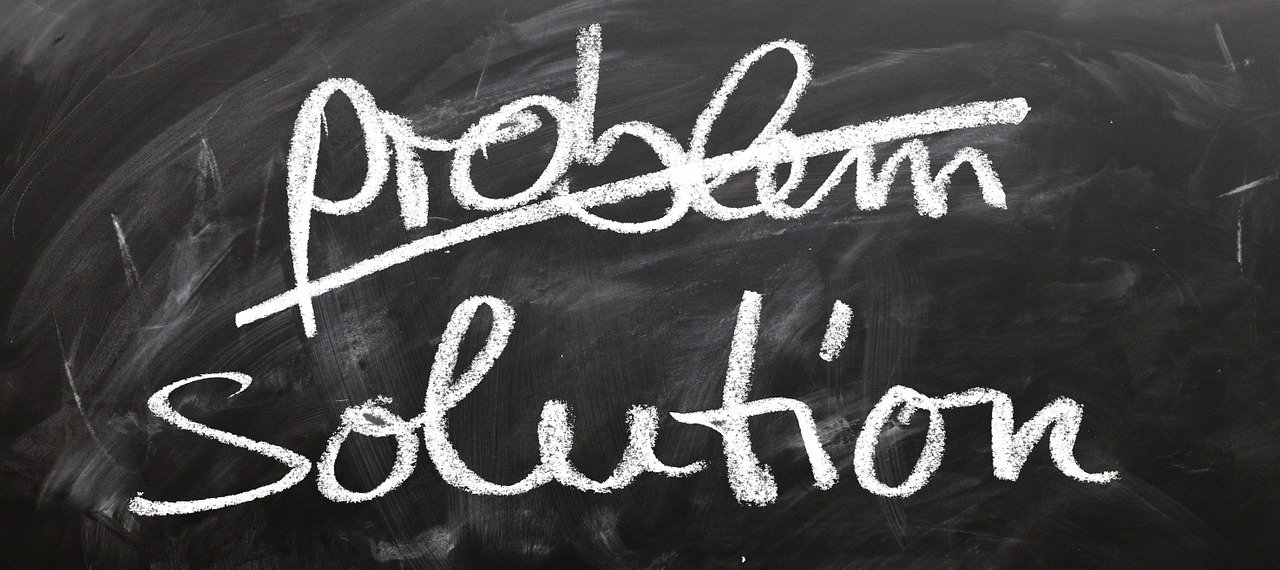Energy Boost! Avoiding GM Fatigue
It’s Friday Night, and you’ve got an early morning game session planned for Saturday. The last session was fun, but it wasn’t your personal best, but they can’t all be blue ribbon winners, right? The real problem is what you’ve got planned for tomorrow, nothing. Nada.
Even though you’ve had two weeks to prepare, you’ve got no idea on where to go from here. The plot has stagnated, the players’ characters are becoming too predictable, and setting up the next module is too much work.
And now you’re tired. Just so tired of holding it all together… Do you feel it? That feeling of dread deep in your stomach, that’s GM Fatigue.
What is GM Fatigue
GM Fatigue is a lack of motivation, energy, or ideas to create new sessions for your players. While Players can also get a sort of “Player Fatigue” by becoming bored with a setting, location, or player, GM Fatigue can become much more detrimental to a campaign. Really, it’s the writer’s block of the Tabletop world.
Unfortunately, unlike some of the worlds we run, there isn’t a magical fix that can resolve Fatigue. To really get this fixed, you need to get to the root of the problem and fix it from there.
You may be thinking “What? Things are already difficult in real life, why do I need to put in extra work figuring out the problem to a game? Why can’t there be a catch-all solution?”.
I don’t know, man.
What Contributes to Fatigue
The Monotony, and Redundancy
Feel like you’ve been at these crossroads before in another campaign (or even in this same campaign? Some campaigns can have a tendency to take the same tracks as others if they are too similar. In this case, the setting, or the Narrative just isn’t as interesting as it was when you were first creating the world of this campaign. Sometimes, it can be hard to come back from that kind of a feeling. It’s very similar to:
I’ve written myself right into this corner…
You done messed up! It’s alright, we all do that. The most important thing is recovering from it as gracefully as possible. Sometimes when a minor story arc gets completed there isn’t an immediate “Where should we go from here” sign, or maybe something awful happened to the PC’s and now they are completely shattered as human beings. (If that’s the case, kudos on some good storytelling!). This is really the epitome of Writer’s’ Block.
Group Dynamics
This can be one of the worst things to contribute to GM Fatigue. In these cases, there is some part of the group that is failing inherently, causing you to lose motivation. In cases that I’ve seen, it’s usually attributed to out-of-game problems, or player interaction problems. This can occasionally affect me if frequent inattendence or tardiness starts during a campaign. I mean, it’s one thing to have the occasional player not be able to make a session (Perfect time for a one-shot) and it’s another to actually play 1 session out of 3 on the regular.
This could also be due to player behavior. Occasionally, I’ve had players that were flat-out rude, or confrontational to other players, or to myself. This is the literal worst when it comes to tabletop.
The Other Stuff
Life happens. Sometimes you need to pick up more hours for work, or you’re going to school, or maybe someone peed on your rug that really tied the room together. It happens. This additional stress can sometimes make creating another session seem like small potatoes, or even if you want to make more, your brain won’t allow the creativity to flow.
Here’s What You Do
Okay, now that I’m 600 words in, let’s dive

1. Consume all of the Media
This really is the gold standard of advice in terms of coming up with fresh and unique ideas. Any time that you’re stuck on what to do next, try to gather inspiration from other sources. Typically, I’ll watch a movie or a show that has the complete opposite feel than the campaign that I’m running.
This can lead to some interesting ideas for campaigns. After watching The Kingsman, you might have the idea for a high-action heist of a castle, full of infiltration and high-speed combat with many minions. However, streaming an episode of Futurama may give you the inspiration to go forth and experience a new and interesting city entirely foreign to what you know.
2. Time-Skip
Occasionally, you’re just stuck. Storylines have ended and there’s no immediate place to go from there. A Time-Skip can be handy. Everyone needs a
In that case, give them some time. Time-off in-game does not mean time off out- of- game as well. All you need is a hook to get them back into adventuring. Always ask the question: Who did they really tick off during the last portion of the game? Having a character’s past come back to haunt them is *mwah* so good.
Honestly, this is a technique I occasionally use preemptively. It can be an all-around decent story-telling technique
3. Relax
Remember to take some time to yourself. You can’t be planning sessions and stories during all of your free time. Go ahead, smell the roses. Lots of times, clearing your head will allow new ideas and solutions to just “Come to you out of nowhere”.
4. Talk to Your Players
In terms of story development, you can flat-out ask your players what they want to do next. Sometimes you’ll get a character that wants to spend some time pursuing a goal, or resolving some part of their backstory. Working with them a little takes some of the burden off yourself.
This is also the go-to advice that should be done if you’re experiencing some problems with Player Dynamics or if life is taking its anger out on you at the moment. Now, dealing with Party Dynamics is another series of articles in itself, but talking to the group will always be the first step.
5. Take a Break
Definitely one of the more drastic solutions, but sometimes it’s necessary. Taking a break from a GMing, or a Campaign can help reinvigorate your storytelling. More than once, I’ve switched off GM Duties for a session or two because I was unable to dedicate the time to create a session for a few weeks due to external factors. In turn, I’ve also done the reverse and became GM for a session or two for another GM.
One thing we did that I think was especially cool, we were guest GMing in the same campaign. We essentially would create a one-shot and bring in an NPC to play for that session, then it was business as usual.
6. If all else fails, it may be time to Bail
In the most serious cases of GM Fatigue, sometimes it’s necessary to call a campaign quits. Put it on hold for a while and continue on with a different campaign. This is the most drastic solution and should be considered as one of the last possible courses of action.
Avoidance in the first place.
The best thing to do is to try to avoid GM Fatigue before it becomes a full problem. Consuming new genres of media is a good way to get new and fresh ideas, but the best way to try to mitigate GM Fatigue when it starts creeping in is to talk to your group.
We’re all human, and your players will understand when the ideas stop rolling in. Usually, talking to them can give you some insight on ideas they have for the campaign, or they might be able to lead you to a new source of inspiration.

